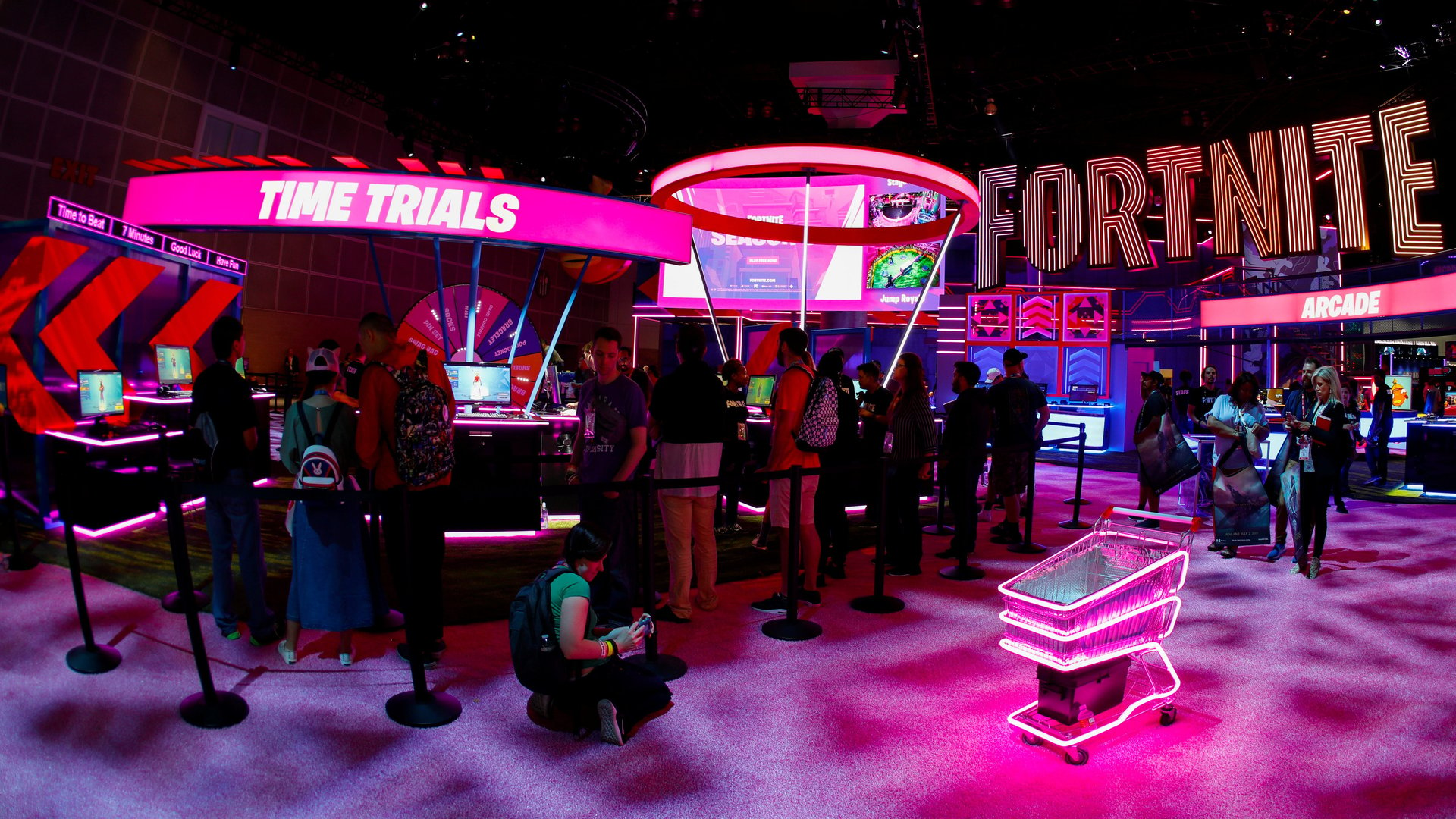Fortnite’s parent company is turning a North Carolina mall into its headquarters
Epic Games, the American video game and software development company behind the popular video game Fortnite, announced this week it was buying a mall in North Carolina, for its new headquarters.


Epic Games, the American video game and software development company behind the popular video game Fortnite, announced this week it was buying a mall in North Carolina, for its new headquarters.
Epic is purchasing the 980,000-square-foot Cary Towne Center, which sits on 87 acres, from developers who had previously announced plans to demolish the mall and build a new, mixed-use development. Epic’s plans for the mall are still shaping up, but it plans on moving from its current Cary location in 2024.
Driven by retail declines
Epic is just the latest company to take over a mall. These relocations are part of a larger trend driven by declining mall traffic, falling consumer confidence, growing e-commerce activity, and shifts in commercial real estate in the US, especially in the retail sector.
In 2019, real estate investment company Macerich announced the redevelopment of the Westside Pavilion, a 35-year old mall in West Los Angeles, into 500,000 square feet of office space, much of which would be occupied by Google through a 14-year lease. On the third floor of the CambridgeSide shopping center in Cambridge, Massachusetts, 140,000 square feet were converted into office space. Co-working spaces have also popped up in malls like the Fulton Center in New York City, the Westfield San Francisco Center, and a 15,000-square-foot location at the Water Tower in Chicago.
There’s a lot of empty space to fill. Last year, companies announced plans to close more than 12,200 retail stores across the US, totaling more than 159 million square feet, according to the commercial real estate firm Costar. Malls only account for 8% of the retail sector, but Costar expects more than one-third of the space announced for closure will be in malls, due to the high number of clothing retailers, and the trend will continue into 2021.
“We are going to see retail vacancy rates climb over the next year,” said Robin Trantham, a Constar consultant.
Several other kinds of mall tenants were also affected by the pandemic. Department stores, clothing stores, and electronics stores all saw their physical store sales decline and social distancing measures shuttered most, if not all, activity at movie theaters, gyms, and restaurants.
Trantham said the pandemic has accelerated the trend of companies looking to redevelop retail space into office space, especially in low-rise building because of both the lower prices and coronavirus-related health concerns. Low-rise buildings mean less reliance on cramped elevators. “The mall is a good opportunity to move into space that also provides a more creative office space where you have more room per employee, which is a safety measure going forward.”
Many US malls are now in the process of being converted to other uses, including residential units and office spaces. More than 100 other malls have also announced plans to redevelop, Georgia Tech urban design professor Ellen Dunham-Jones told the East Bay Times this week.
Key elements to future success
Malls in mixed-use developments that include office spaces, residential units, or even a hotel, are more likely to succeed with retail tenants, according to reports from Costar and Barclays Research. While determining the right mix can be a challenge for many property companies, there’s often a clear financial benefit. “We’ve seen that retail properties on mixed use sites do generate higher rents than surrounding retail,” Trantham said.
The buying power of nearby residents, especially the ones who haven’t lost their jobs or had hours cut by the pandemic, will also be a major factor in a mall’s resilience, said Trantham.
Even before those conversions are complete, some empty retail spaces in malls across the US are now being utilized for a much more urgent reason. Health departments in several states have converted former Sears locations into Covid-19 vaccine distribution centers, according to the Wall Street Journal, including a “mega-site” in Rockaway, New Jersey.